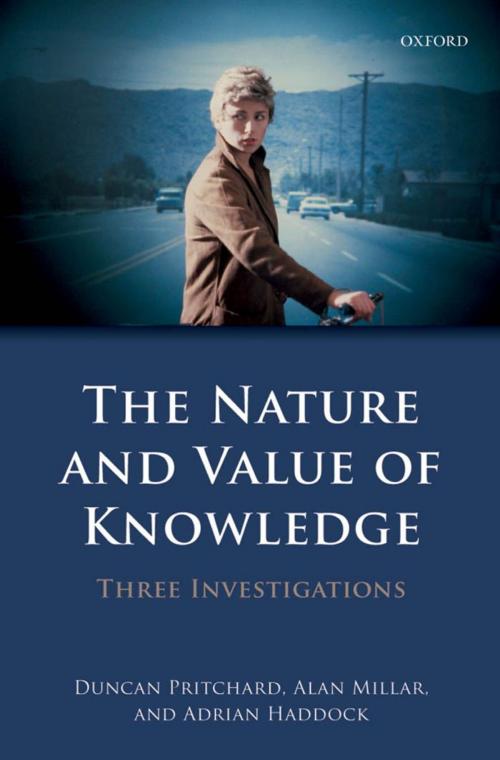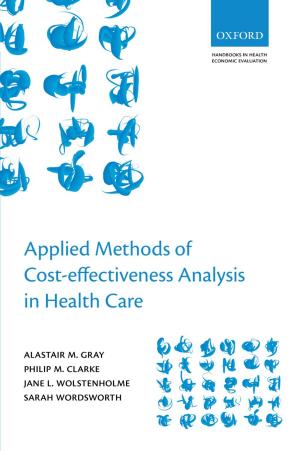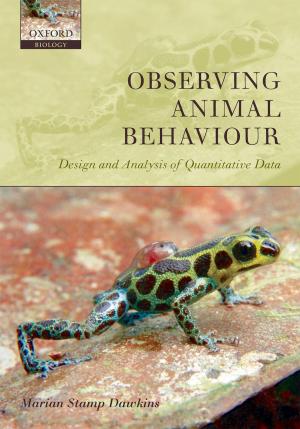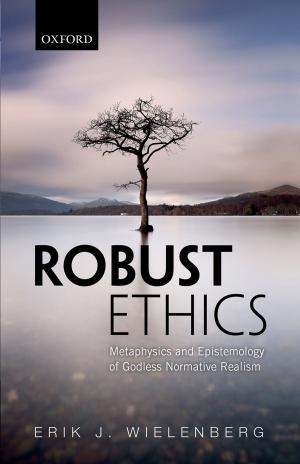The Nature and Value of Knowledge
Three Investigations
Nonfiction, Religion & Spirituality, Philosophy, Epistemology, Mind & Body| Author: | Duncan Pritchard, Alan Millar, Adrian Haddock | ISBN: | 9780191615139 |
| Publisher: | OUP Oxford | Publication: | May 20, 2010 |
| Imprint: | OUP Oxford | Language: | English |
| Author: | Duncan Pritchard, Alan Millar, Adrian Haddock |
| ISBN: | 9780191615139 |
| Publisher: | OUP Oxford |
| Publication: | May 20, 2010 |
| Imprint: | OUP Oxford |
| Language: | English |
This volume comprises three distinct investigations into the relationship between the nature and the value of knowledge. Each is written by one of the authors in consultation with the other two. 'Knowledge and Understanding' (by Duncan Pritchard) critically examines virtue-theoretic responses to the problem of the value of knowledge, and argues that the finally valuable cognitive state is not knowledge but understanding. 'Knowledge and Recognition' (by Alan Millar) develops an account of knowledge in which the idea of a recognitional ability plays a prominent role, and argues that this account enables us better to understand knowledge and its value. 'Knowledge and Action' (by Adrian Haddock) argues for an account of knowledge and justification which explains why knowledge is valuable, and enables us to make sense of the knowledge we have of our intentional actions.
This volume comprises three distinct investigations into the relationship between the nature and the value of knowledge. Each is written by one of the authors in consultation with the other two. 'Knowledge and Understanding' (by Duncan Pritchard) critically examines virtue-theoretic responses to the problem of the value of knowledge, and argues that the finally valuable cognitive state is not knowledge but understanding. 'Knowledge and Recognition' (by Alan Millar) develops an account of knowledge in which the idea of a recognitional ability plays a prominent role, and argues that this account enables us better to understand knowledge and its value. 'Knowledge and Action' (by Adrian Haddock) argues for an account of knowledge and justification which explains why knowledge is valuable, and enables us to make sense of the knowledge we have of our intentional actions.















